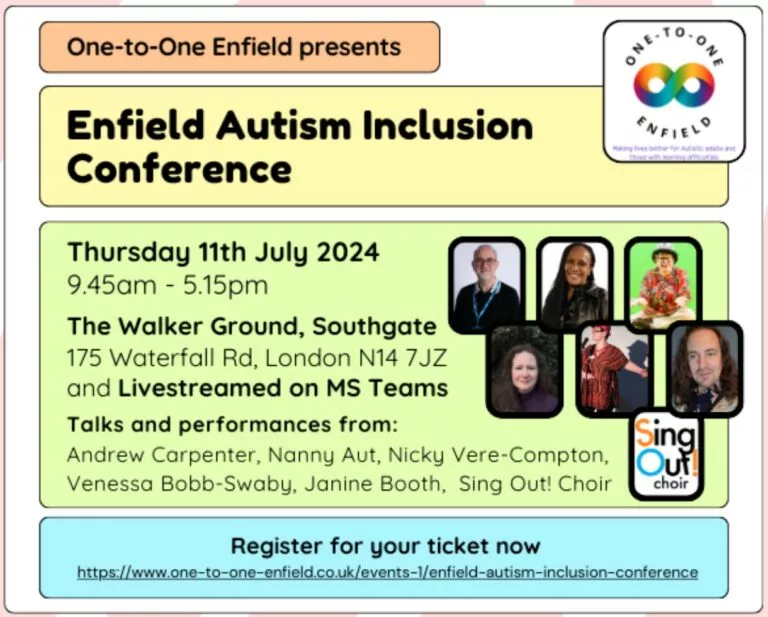I’m Autistic: It’s an Adjective not an Accessory
(and why I prefer to think of it like this rather than as IFL vs PFL)
by Janine Booth
‘Autistic person’ or ‘Person with autism’?
There are many good articles explaining why most autistic people prefer to be referred to as ‘autistic people’ rather than ‘people with autism’. The purpose of this article is not to add one more explanation to the collection, but to propose that this argument is more accurately (and clearly) described as ‘adjective vs accessory’ rather than ‘identity-first language (IFL) vs person-first language (PFL)’ as it is usually described.
The case for saying ‘autistic person’ rather than ‘person with autism’ is, in short, that our autism is a key part of who we are; it is not an add-on. If we did not ‘have’ autism, we would be different people, rather than being the same people without autism. We do not refer to people with femaleness, or people with blackness, or people with gayness. Separating the person and their autistic neurotype is inescapably an attempt to put a distance between our humanity and our brains. It suggests that our autism is removable, with the unspoken implication that this would be desirable.
The ‘person-first’ argument relies on a conception that each of us is a normal person with autism added on. Its advocates argue that ‘autistic person’ relegates your humanity to second place. This seems a little absurd to me: does a car sound like less of a car if you call it a ‘fast car’?! Interestingly, it may sound like less of a car if you call it a ‘broken car’. Maybe the person-first advocates see ‘autistic’ as the equivalent of ‘broken’ rather than ‘fast’ in this analogy.
‘Person-first’ sees our autism as an accessory; what is usually called ‘identity-first’ sees ‘autistic’ as an adjective. I think that ‘adjective vs accessory’ is a clearer way of showing the difference than ‘IFL vs PFL’. Here are three reasons, in decreasing order of importance:
1. The decisive issue is whether the term used presents the autistic neurotype as an adjective or as an accessory, whether it describes who we are or presents it as an extra. The order of the words – which comes first – is not decisive. This is illustrated by the fact that in some languages eg. French, the adjective comes after the noun rather than before. It would not make sense to call this argument IFL vs PFL in French, because in both versions (‘personne autistique/autiste’ and ‘personne avec autisme’), the personne comes first!
2. I am not comfortable with calling ‘autistic’ my ‘identity’. Maybe I take the word ‘identity’ more literally than most people, but to me, it suggests the whole of who I am. My identity is Janine Booth: my neurotype, like my gender, colour and other factors, are attributes. ‘Autistic’ describes me rather than totally defining me. It’s an adjective.
I’m a little nervous about making this argument, as “It doesn’t define who you are” is an argument often used by ‘accessory’ advocates, those who would call me a person with autism. But their alternative is to present autism as something that I ‘have’; my, very different, alternative is that saying that it describes me is more accurate than suggesting that it defines me.
3. Our community and political vocabulary is already littered with far too many TLAs (three-letter abbreviations). If we can replace them with straightforward words, we make our arguments more understandable and accessible.
PS. I just needed to get this off my chest and onto the ‘page’. I’m not about to launch a crusade for ‘adjective vs accessory’ to take over from ‘IFL vs PFL’. Please do carry on. Or not. Up to you. Just don’t call me a person with autism, please.





